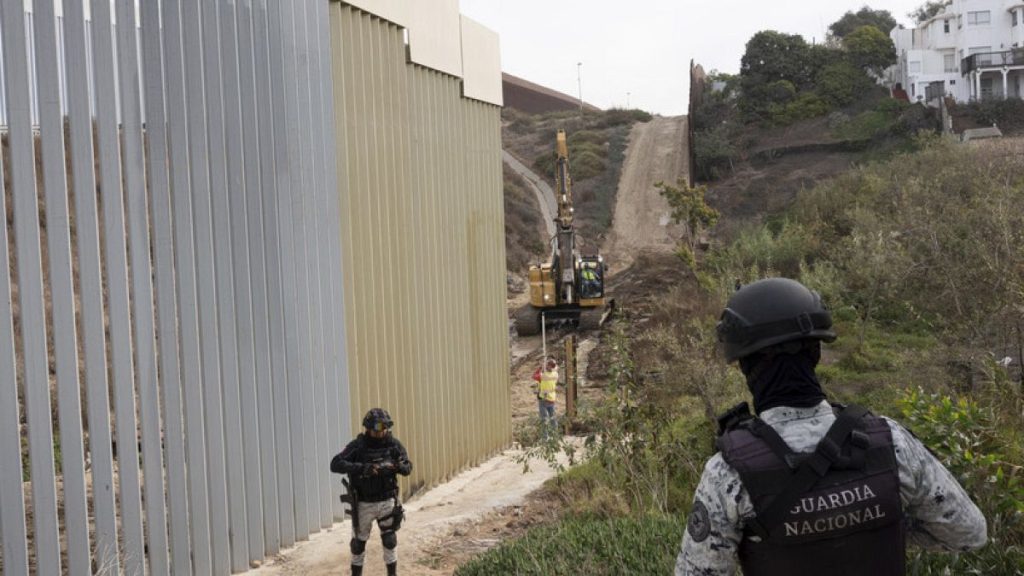The deployment of 1,500 active-duty troops to the US-Mexico border marks a significant escalation in the Biden administration’s border security strategy, reflecting a renewed emphasis on strengthening border control measures. This deployment comes as part of a broader set of policy changes aimed at addressing irregular migration and bolstering national security. The troops will be supporting Border Patrol agents in various capacities, including aerial surveillance, barrier construction, and logistical support. This move significantly increases the military presence at the border, joining approximately 2,500 National Guard and Reserve personnel already stationed there. The deployment represents a departure from previous administrations’ approaches, which primarily relied on civilian law enforcement agencies for border security.
The rationale behind this deployment stems from concerns about the increasing number of migrants attempting to enter the United States illegally, as well as heightened security concerns. The administration argues that the additional military personnel will provide much-needed support to overwhelmed Border Patrol agents, enhance surveillance capabilities, and deter illegal crossings. Critics, however, express concerns about the militarization of the border and the potential for human rights violations. They argue that deploying active-duty troops for border security is an overreach of military power and could lead to unnecessary confrontations with migrants.
The specific tasks assigned to the deployed troops involve a range of support activities. They will operate helicopters to provide aerial surveillance and assist ground patrols, participate in the construction and maintenance of border barriers, and provide logistical support to Border Patrol operations. In addition, the Pentagon will provide military aircraft to facilitate the deportation of detained immigrants. Importantly, the troops are currently prohibited from engaging in direct law enforcement activities, due to legal restrictions imposed by the Posse Comitatus Act. This act, passed in 1878, generally prohibits the use of federal troops for domestic law enforcement purposes.
The possibility of invoking the Insurrection Act of 1807 looms over this deployment. This act, which allows the President to deploy troops for domestic law enforcement under specific circumstances, has been used sparingly throughout history. While there are no immediate plans to invoke the act, President Trump has requested a three-month review to determine its potential necessity. The invocation of the Insurrection Act would significantly alter the role of the deployed troops, potentially authorizing them to engage in direct law enforcement activities. This prospect raises serious legal and ethical questions about the appropriate use of military force within the United States.
The decision to deploy active-duty troops to the border has sparked a heated debate about the appropriate role of the military in domestic affairs. Supporters argue that the deployment is a necessary measure to address a national security crisis, while critics express concerns about the potential for mission creep and the erosion of civilian control over the military. This debate touches upon fundamental questions about the balance between national security and individual rights, and the appropriate use of military power in a democratic society.
The long-term implications of this deployment remain unclear. The number of troops and their assigned missions may change based on evolving circumstances and policy decisions. The potential invocation of the Insurrection Act adds another layer of complexity, raising the possibility of a more direct role for the military in border enforcement. The ongoing debate surrounding this deployment underscores the deep divisions within American society regarding immigration policy and the appropriate use of military force. The future of this deployment and its impact on border security and civil-military relations will undoubtedly be closely scrutinized.














